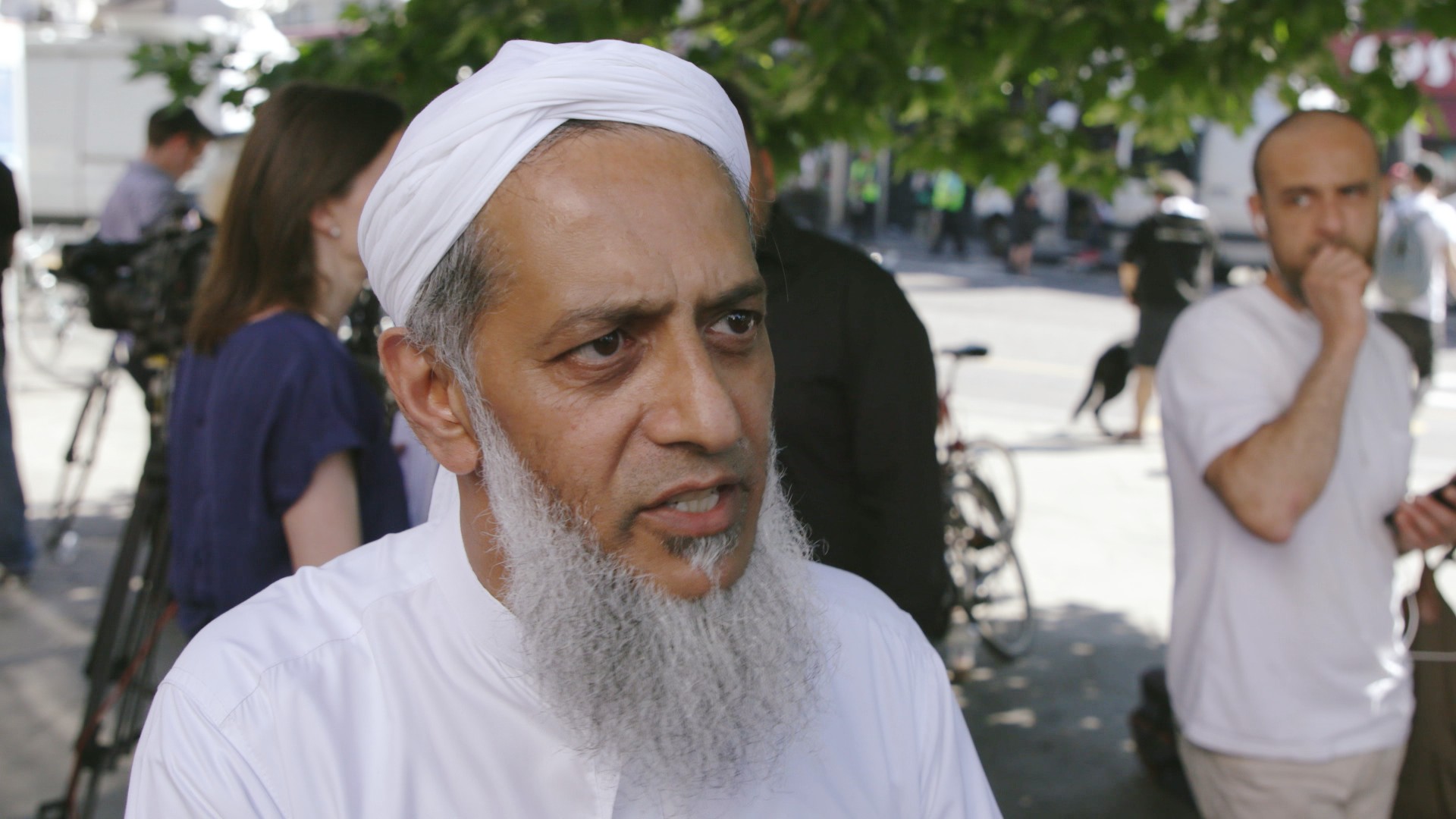The British government has overhauled the way it assesses terror threat levels to include homegrown and right-wing extremists, putting them on an equal footing with foreign and jihadist threats.Until now, the terror threat system — which assesses the likelihood of an attack in the UK on a scale from "low" to "critical" — has only addressed the threat from international terrorism, which the Home Office said had become largely synonymous with jihadist attacks.Announcing the changes Tuesday, Home Secretary Sajid Javid said the new system reflected the growing terror threat from the far-right.“While the Islamist threat remains, we have recently seen an increase in terrorist activity motivated by the extreme right-wing,” he said. “Our approach to stopping terrorists is the same, regardless of the twisted ideology that motivates them.”The Home Office said the changes resulted from a wide-ranging review of Britain’s counter-terror approach following a spate of attacks in 2017: three jihadist attacks at Westminster Bridge, Manchester Arena, and London Bridge, and a far-right car-ramming attack outside a London mosque. It said the old classification system was outdated, as Islamist terrorism could be homegrown, while far-right terror could also have an international dimension.British police revealed in March that four of the 18 terror plots thwarted in the past three years have come from the far-right, including a neo-Nazi plot to kill a left-wing MP with a machete. Meanwhile, of the nearly 400 people who were referred to the government’s de-radicalization program in 2017-2018, roughly an equal number were referred for concerns of about far-right and Islamist extremism.READ MORE: British neo-Nazi terror plot shows how the far-right are mirroring jihadistsThe rising threat from the far-right was highlighted on the international stage when an Australian extremist massacred 50 Muslims at mosques in Christchurch, New Zealand in March.Nick Ryan, spokesman for the British anti-racism watchdog Hope not Hate, told VICE News in an email that his organization welcomed the move, but that it should have happened earlier.“This is an overdue move by the government and belatedly recognizes the very real threat presented by far-right terrorism,” said Ryan, whose group played a key role in alerting authorities to the MP assassination plot.“Having thwarted a terrorist plot by a neo-Nazi to murder his local MP, we’re very much alive to this danger and have long been warning the authorities to take the threat much more seriously.”READ MORE: British neo-Nazi convicted for plot to attack gay pride eventRyan said that, in addition to changing the terror threat system, UK authorities need to take stronger action to tackle the spread of extremist propaganda online. “Attention also needs to be paid towards the enablers of terror and the social media platforms which have not only allowed the preachers of hate to spread conspiracies — like the great replacement fallacy used by the Christchurch terrorist and promoted by his supporters here in Europe — but also to monetize that hatred too,” he said.Since the terror threat level evaluation was first made public in 2006, it has never fallen below “substantial.” Amid the spate of attacks in 2017, which killed 36 people in total, the threat level spiked several times from “severe” to “critical” — meaning an attack “is highly likely in the near future.” It currently stands at severe, meaning an attack is “highly likely.” Cover: File photo dated 28/03/19 of Home Secretary Sajid Javid. Dominic Lipinski/PA Wire URN:44244315 (Press Association via AP Images)
Cover: File photo dated 28/03/19 of Home Secretary Sajid Javid. Dominic Lipinski/PA Wire URN:44244315 (Press Association via AP Images)
Advertisement
Advertisement
